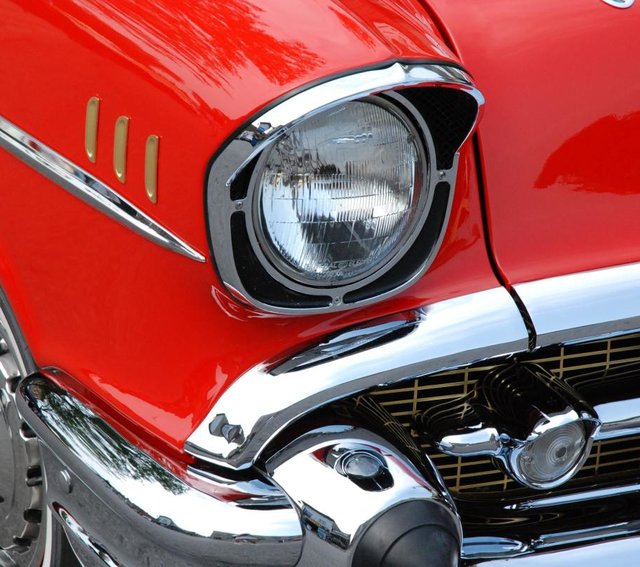
Winter Car Storage Tips
Many Canadians have a sports car or a sunny-day car that doesn’t ever see snowy roads. With the help of a few tips from seasoned car buffs, keeping your ride looking and running as good as new over the “winter break” can be easy.
Wash your car before storing
A hand washing is best because you’ll be able to clean your car more thoroughly. You’ll want to remove any sap, rain, salt, or other contaminants before covering up your car for months. Spray the underside as well. Be sure to allow time to air dry and apply a new coating of wax. In the spring when you unveil a shining car, you’ll be glad you took the extra time now to get it prepped and looking great.
Invest in a good cover
A cover that’s made for your specific vehicle will fit better and help keep dust, dirt, and critters outside where they belong. A breathable fabric will allow any moisture that may be in the cracks and crevices to escape as it evaporates as well as any condensation due to temperature fluctuations.
Safeguard against critters
Bugs and mice and squirrels love nice cars almost as much as you do. These guys can make a real mess of things if they get into your car and their presence goes unnoticed. Consider putting down mousetraps under your car — but not in it — or if you’re not a mousetrap kind of person, you can use peppermint oil as a deterrent for rodents. Seal up the vents and windows and put steel wool in the tailpipe to keep bugs and other critters out.
Trickle charge the battery
Cold weather can be tough on a car battery, especially a battery that isn’t charged by the engine. There’s always a small draw from various electronics in modern cars as well. This power draw isn’t an issue if left overnight or even for a few days but after a few months, you can expect a dead battery if you don’t have your battery hooked up to a trickle charger. If a trickle charger isn’t an option, simply remove the battery and store it someplace warm.
Gas it up
It may seem counterintuitive to fuel up a car that will be sitting for months. Gasoline can break down over time, turning to varnish inside your tank. The solution is to add fuel stabilizer that helps keep your gas fresh over the winter months. The alternative would be to empty the tank before storage. However, this solution comes with some potential risks, such as an accumulation of moisture in the gas tank that can damage your car from the inside out.
Review your insurance coverage
If your car is only used occasionally, be sure to review your coverage with your broker. Collector cars, occasional-use cars, or high-value automobiles often have different insurance requirements than your average vehicle. You’ll want to be sure your vehicle is insured properly.